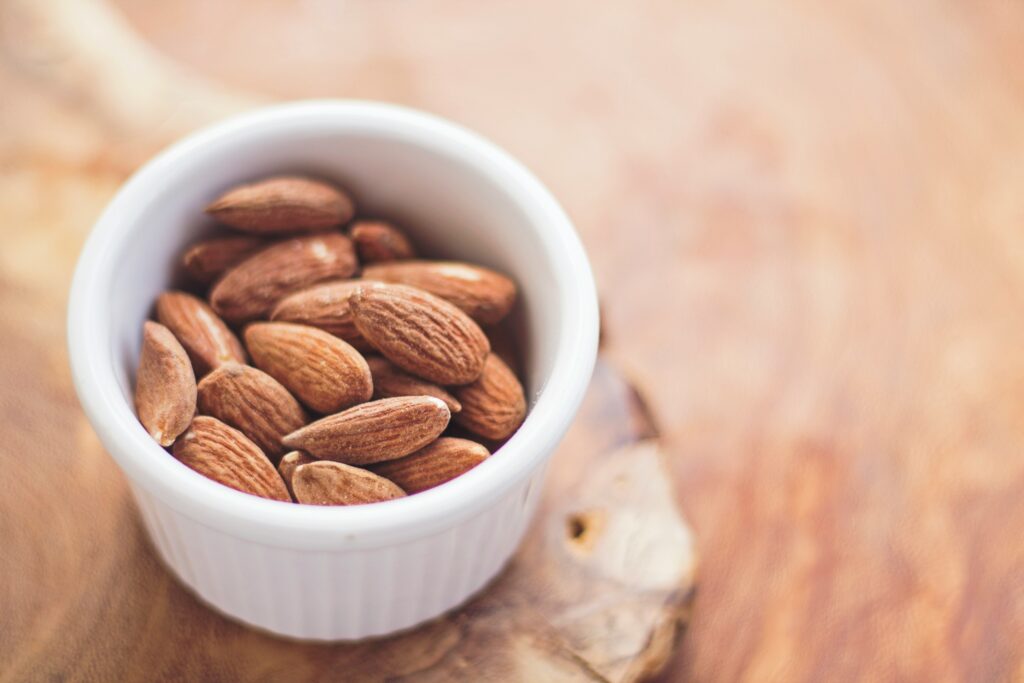FAQs About Weight Loss
By David OttobreDare MD
We always get asked a range of FAQs about weight loss.
If you’re here, you’re probably on a search to lose weight and get the best information that will help you get there. There is so much information (and misinformation!) out there, that it can be hard to see the wood from the trees.
We’re sharing our most commonly asked FAQs about weight loss to answer some of your burning questions.
Q: What are the rules for weight loss?
A: Weight loss fundamentally revolves around the concept of energy balance, which is the relationship between calories consumed and calories expended. When you consume more calories than you burn, your body stores the excess energy as fat, leading to weight gain.
On the flip side, creating a calorie deficit—where you burn more calories than you intake—can promote weight loss. Understanding this basic principle is crucial for anyone embarking on a weight loss journey.
Q: I eat healthily, why can’t I lose weight?
A: Many people come to us claiming that they are eating healthier than ever but they are not losing weight. The reasons for this can be varied, however the main cause will be because they’re not in a calorie deficit.
Aside from those with specific conditions, if you’re eating healthily but not dropping weight it’s because you’re eating foods that contain more calories than you are burning.

For example, foods like almonds can be healthy, but high in calories. You could be eating well but not losing weight.
Q: Are all calories the same?
A: No. The nutrients in your food are also important.
For example, consuming 200 calories from a chocolate bar will not provide the same nutritional benefits as 200 calories from a serving of vegetables. Different foods affect our bodies in varying ways, influencing hunger, metabolism, and energy levels.
Processed foods tend to be calorically dense yet nutritionally poor, leading to increased hunger and cravings. So by prioritising whole, minimally processed foods, you can create a satisfying and nourishing diet that supports your weight loss.
Q: Does skipping meals or fasting help weight loss?
A: In a sense, yes. If you skip meals or fast, you will eat less calories and then that will put you in a calorie deficit.
It’s not recommended though, as skipping meals can lead to increased hunger and cravings later on, often resulting in overeating. Skipping regular meals can also slow down metabolism, making it harder to lose weight. Eating regular, balanced meals can help maintain energy levels and provide essential nutrients that support overall health.
Q: Does a low carb diet help you lose weight?
A: Low carb diets are often celebrated as a weight loss solution, but again they usually only work because they put you in a calorie deficit.
Carbohydrates are a great source of energy, and not all carbs are created equal. Whole grains, fruits, and vegetables provide important nutrients and fibre, which can aid in satiety and overall health. The key is to focus on getting the right quality and quantity of carbohydrates rather than eliminating them entirely.
Q: Do juice cleanses help you lose weight?
A: Again, they can help you lose weight but it is not recommended as you will soon get hungry and then probably overeat. Juice cleanses also don’t give you the fibre and nutrients that you need to sustain you. It’s not a healthy approach to weight loss.

Q: Should I eat protein shakes to lose weight?
A: Protein shakes can help you get more protein in your diet, which can help you stay satiated and not overeat. However, we prefer clients to get nutrients from food if they can.
Q: What foods are best for weight loss?
A: All whole foods, in the correct portions! Incorporating a variety of foods ensures you receive adequate vitamins and minerals, which can enhance overall health and make weight loss more achievable.
Q: Does stress stop weight loss?
A: Yes and no. Stress probably won’t stop you losing weight if everything else was kept the same.
The issue with stress is that it can lead to emotional eating or cravings for unhealthy foods. When faced with stress, our bodies produce cortisol, a hormone that can increase appetite and lead to weight gain, particularly in the abdominal area.
When you manage stress effectively, you create a more conducive environment for weight loss, allowing you to focus on your goals without the added burden of emotional eating or cravings triggered by stress.

Q: How can I lose weight quickly?
A: Losing weight quickly isn’t a good strategy. Ultimately, the key to successful weight loss lies in patience, consistency, and self-compassion.
Embrace the process, listen to your body, and celebrate your progress, no matter how small. Try not to think about losing weight quickly, but rather focus on the journey to a healthier you.
Choose foods for health and exercise for the endorphins and benefits for your body and you will quickly see results.
Weight loss isn’t linear
Something to bear in mind is that our bodies are always fluctuating. This is especially true for women who go through a hormonal cycle that can lead to water retention.
For this reason, it’s common to see the scales go down one week and not the next. The most important thing is that over time the scales go in the right direction and you don’t give up.
If you need support, we have a range of coaches who can help you with your individual situation and needs.
Want more information? Contact us now.
